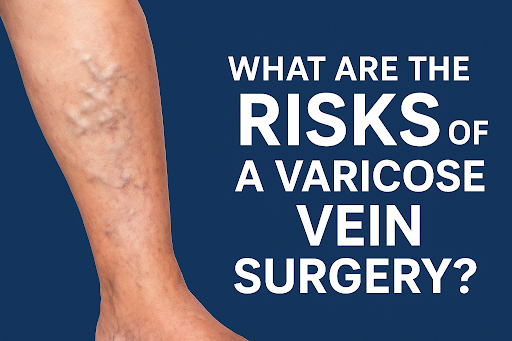Interstitial cystitis, also known as painful bladder syndrome, is a condition that causes chronic bladder pain and discomfort. However, the surprising connection between interstitial cystitis and lower back pain remains largely unfamiliar to both patients and physicians. This article explores this unique relationship and how identifying it can lead to effective treatment.
The Connection Between Low Back and Bladder Pain
The sacral nerves, which are responsible for bladder sensation, play a crucial role in the connection between the low back and bladder. When these nerves pass near the L5-S1 disc in the lower back without any pressure, they function correctly, allowing bladder sensations to reach the brain through spinal nerves.
However, when an L5-S1 disc bulge or a “slipped disc” exerts pressure on these sacral nerves, they become irritated, causing pain in the bladder and even spasms. Furthermore, this irritation can lead patients to believe their bladder is full when it’s not. This interference occurs because the irritated sacral nerves disrupt the electrical impulses that convey bladder sensations.
Remarkably, not all patients diagnosed with interstitial cystitis experience back pain, even though the root cause may lie in their spine. This indicates that sacral nerve irritation due to a disc bulge can lead to bladder issues regardless of the presence of back pain.
What Can be Done about a Burning Bladder due to Irritated Sacral Nerves?
The good news is that if sacral nerve irritation is causing your burning bladder, effective treatment is often straightforward. We employ an injection of growth factors isolated from the patient’s platelets, administered via a precise fluoroscopy-guided caudal epidural. This procedure helps alleviate the irritated sacral nerves, providing relief from bladder pain.
In some cases, physical therapy may complement this treatment by reactivating stabilizer muscles and strengthening the pelvic floor. The solution, in essence, can be surprisingly simple.
Common Low Back Problems and IC
Herniated Discs
Herniated discs in the lower back can compress nerves, causing pain and discomfort. This pressure can extend to the pelvic region, intensifying IC symptoms.
Sciatica
Sciatica, a condition that causes pain radiating down the leg, is often linked to lower back issues. This pain can overlap with IC pain, making it challenging to differentiate between the two.
Poor Posture
Sustained poor posture can place additional strain on the lower back, potentially worsening IC symptoms over time.
Treating Low Back Issues to Alleviate IC
Physical Therapy
Physical therapy can help address low back problems and improve pelvic and bladder function. Targeted exercises can strengthen the lower back and reduce nerve compression.
Chiropractic Care
Chiropractic adjustments can realign the spine, relieving pressure on nerves and potentially reducing IC symptoms.
Lifestyle Changes
Simple adjustments like maintaining good posture, staying active, and using ergonomic furniture can prevent low back issues from exacerbating IC.
Conclusion
The relationship between interstitial cystitis and lower back pain is an intriguing one. While many patients receive various treatments for their bladder pain, the connection to the low back often remains overlooked. Understanding the potential connection and seeking the right treatment can bring much-needed relief to those suffering from interstitial cystitis.
FAQs
1. What is interstitial cystitis?
Interstitial cystitis is a chronic condition characterized by bladder pain and discomfort.
2. How is interstitial cystitis typically diagnosed?
Interstitial cystitis is usually diagnosed by urologists through a combination of patient history, physical examination, and various tests.
3. Why does lower back pain relate to interstitial cystitis?
Lower back pain can be related to interstitial cystitis when sacral nerves are irritated by a disc bulge in the lower back, affecting bladder sensation.
4. What are the treatment options for interstitial cystitis?
Treatment options may include medication, physical therapy, lifestyle changes, and, in some cases, epidural injections to alleviate sacral nerve irritation.
5. Can interstitial cystitis be effectively treated if it’s related to the low back?
Yes, if interstitial cystitis is caused by sacral nerve irritation due to a disc bulge, it can often be effectively treated with targeted therapies.








